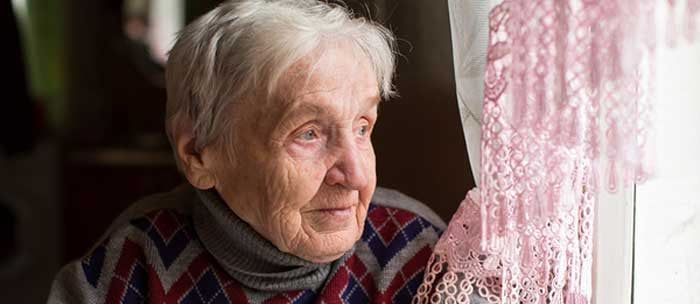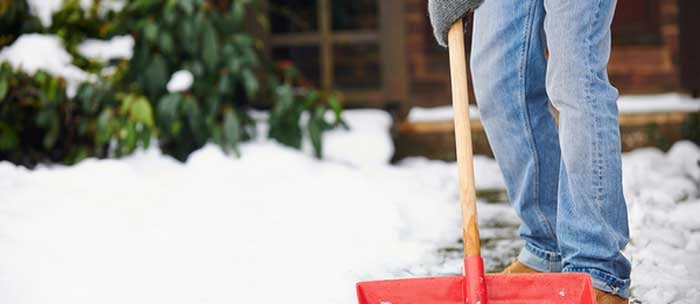 Snow and ice present unique challenges for seniors. These challenges multiply when limited mobility enters into the equation. With senior isolation as a risk factor for both mental and physical health issues, addressing winter mobility problems for older adults is a priority for caregivers. Read on to learn more about why mobility matters so much for seniors, along with tips aimed at keeping them safe and engaged with the world around them when winter sets in.
Snow and ice present unique challenges for seniors. These challenges multiply when limited mobility enters into the equation. With senior isolation as a risk factor for both mental and physical health issues, addressing winter mobility problems for older adults is a priority for caregivers. Read on to learn more about why mobility matters so much for seniors, along with tips aimed at keeping them safe and engaged with the world around them when winter sets in.Winter Mobility and Seniors
According to a study published in Archives of Physical Medicine and Rehabilitation, 42 percent of people who use wheeled mobility devices, including scooters and manual and power wheelchairs, experience "reduced outing frequency in winter months," along with "lack of access to family/friends for transportation."
- 95 percent of survey respondents reported tires/casters getting stuck in the snow
- 91 percent reported slipping on ice
- 92 percent reported difficulty ascending and descending ramps and other inclines
- 85 percent reported cold hands while pushing rims and using controls
- 99 percent viewed sidewalks and roads as barriers to mobility
- 80 percent reported needing extra help during the winter months
Five Mobility Aid Tips for Seniors in Winter
Getting around in winter is fraught with obstacles, but the following tips can help caregivers keep seniors safe while simultaneously enjoying enhanced peace of mind.
1. Have Wheelchairs and Scooters Serviced
Just as cars are susceptible to freezing temperatures, so are other types of battery-powered electronics. Contact a company which offers maintenance and repair service to ensure that your aging loved one's wheelchair or scooter is in excellent working condition.
2. Equip Mobility Aids for the Weather
Snow tires aren't just for cars and SUVs; they are also useful for mobility devices. Depending on your aging loved one's budget, outfitting his/her wheelchair or scooter with all-terrain tires can make getting around in the winter much easier.
Canes and walkers should also be updated for winter. For starters, make sure that rubber caps on canes and walkers are free of wear and tear for maximum traction. Ice grips provide even better traction for catching terrain. (For additional information on the general use of walkers, canes, and more, watch mmLearn's video on using assistive devices.)
3. Check Batteries
Batteries discharge more quickly in cold weather and also take longer to fully charge, so make sure to allow ample charging time. Portable generators and other backup power sources can ensure that your aging loved one is able to charge his/her batteries even when the power's out.
4. Clear all Walkways and Ramps
Faulty equipment isn't always responsible for decreased senior mobility in the winter. Sometimes the problem is something much more basic: snow removal. While snow removal may not be a factor for older adults living in senior living or assisted living communities, those still living independently may find themselves unexpectedly housebound without proper planning ahead. Arranging for snow removal in advance can prevent this obstacle before it occurs.

5. Outfit Them Appropriately
Stock a backpack with extra gloves and socks and attach it to your aging loved one's wheelchair or scooter to ensure easy access at all times during winter weather. And don't forget about the importance of warm, non-slip, season-appropriate shoes. Just be sure to remind your aging loved one to remove the footwear at the door to avoid slipping and sliding when indoors.
The good news? Spring will be here before you know it. But until then, these five tips can prevent seniors -- physically, mentally and emotionally -- from becoming victims of winter's icy grip.
mmLearn.org offers a large library of free videos for caregivers of older adults, covering topics pertaining to senior care. Whether you are a healthcare professional or a family caregiver, if you are caring for an older adult we know that you will find mmLearn.org an essential learning and guidance tool for all of your caregiver training needs. For more online training for caregivers, access our free database of online caregiver videos today.
